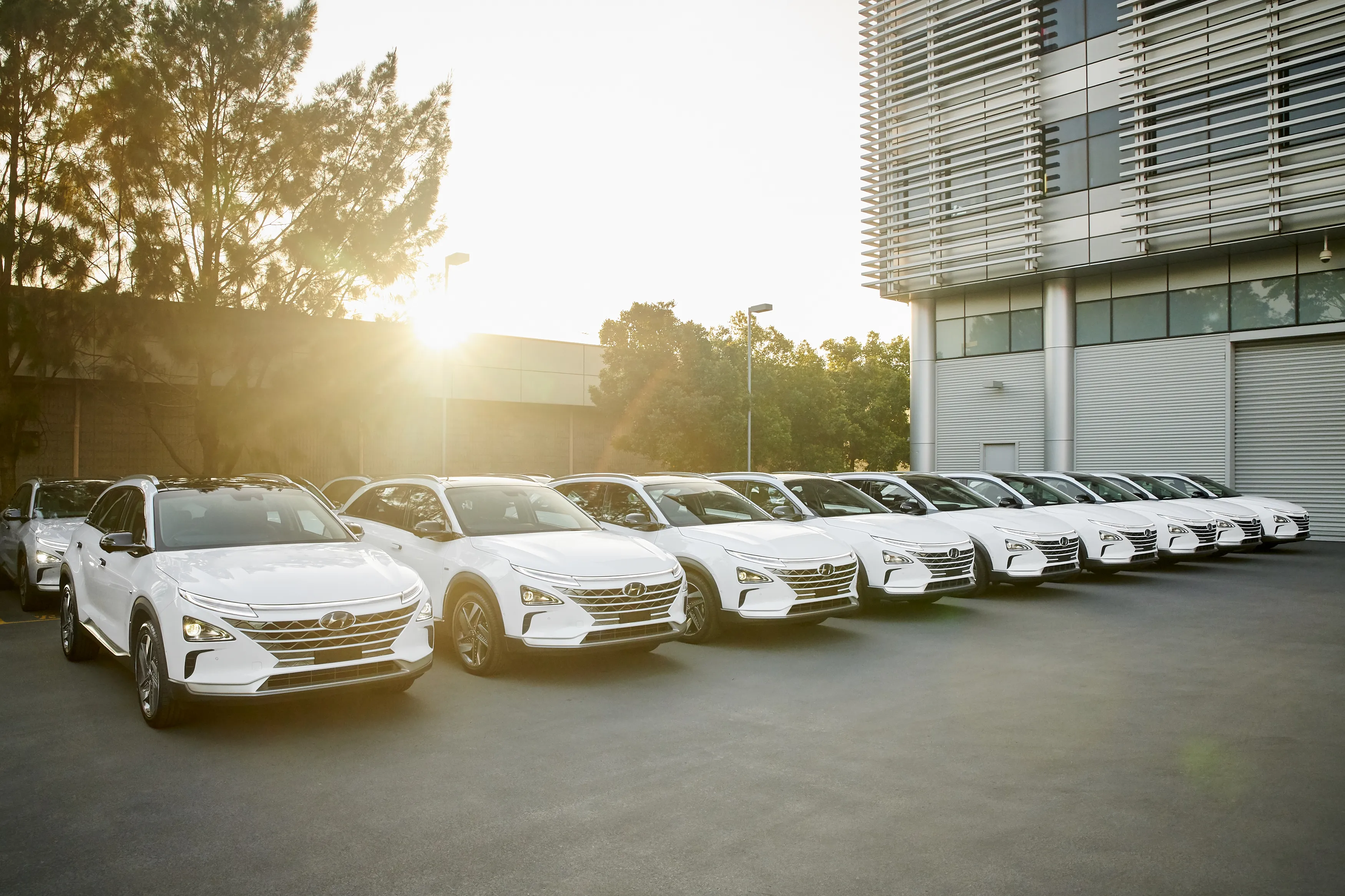The Government recently released its Air Quality Plan, in which it announced that it will ban all petrol and diesel vehicles (including hybrids) from 2040, with only electric vehicles available after that.
Kelly said that, while the ‘switch to electric vehicles is a signal for real change and is the direction we need to go’, the government’s plan, does not go nearly far enough. “Our cities need fewer cars, not just cleaner cars,” he says.
“One issue is that electric vehicles will not sufficiently reduce particulate matter (PM), the other toxic pollutant emitted by road transport. This is because PM components include not only engine emissions, but also a contribution from brake and tyre wear and road surface abrasion. Governments don’t currently pay much attention to PM, but it is in fact highly polluting, with strong links to cardiopulmonary toxicity.”
The UK is one of 17 EU countries breaching annual targets for nitrogen dioxide, a problem which has been made worse by the failure of the European testing regime for vehicle emissions, according to ITM Power. It recently called on the government to provide equivalent financial support for fuel cell electric vehicles (FCEV) infrastructure as it has already provided for plug-in battery electric vehicle (BEV) infrastructure.
Kelly said he was encouraged by changing attitudes to car ownership. He noted, “Younger Londoners are increasingly replacing little-used vehicles with car club membership and ride-sharing apps.” However, he said we must also champion the value of exercise and continue to make public transport the convenient option.
Government ban on petrol and diesel cars ‘doesn’t go far enough’, says UK adviser
Writing in the Guardian newspaper, Professor Frank Kelly, chair of the UK Government’s Committee on the Medical Effects of Air Pollutants, says fewer not cleaner vehicles are needed to tackle the UK’s air pollution crisis, plus more cycling and walking and better transit systems. The Government recently released its Air Quality Plan, in which it announced that it will ban all petrol and diesel vehicles (including hybrids) from 2040, with only electric vehicles available after that.
August 7, 2017
Read time: 2 mins
Writing in the Guardian newspaper, Professor Frank Kelly, chair of the UK Government’s Committee on the Medical Effects of Air Pollutants, says fewer not cleaner vehicles are needed to tackle the UK’s air pollution crisis, plus more cycling and walking and better transit systems.









